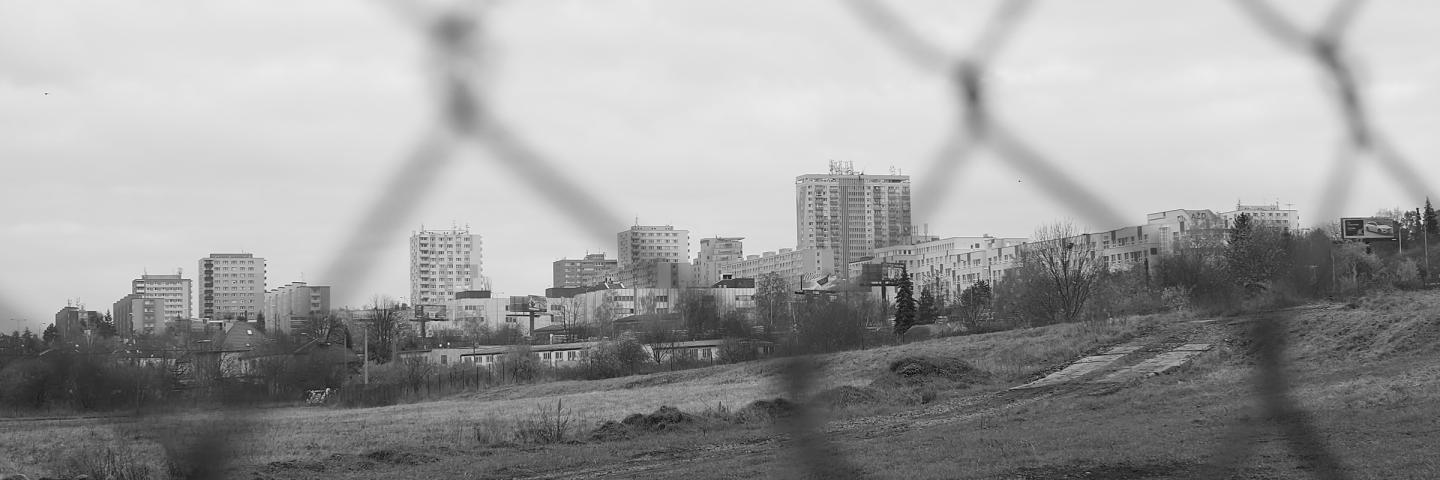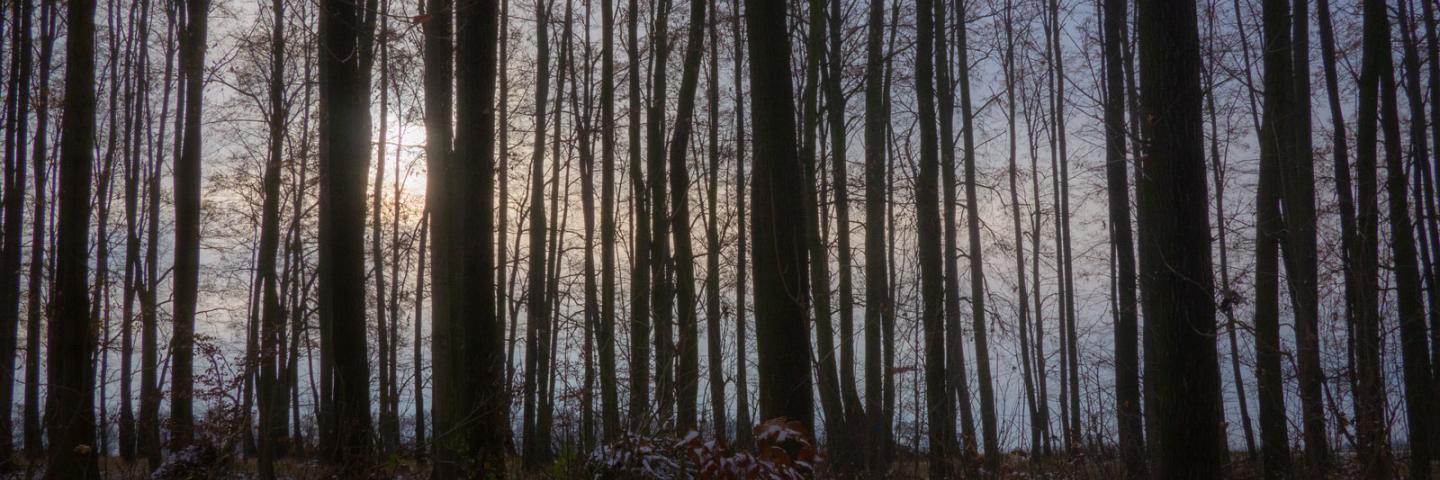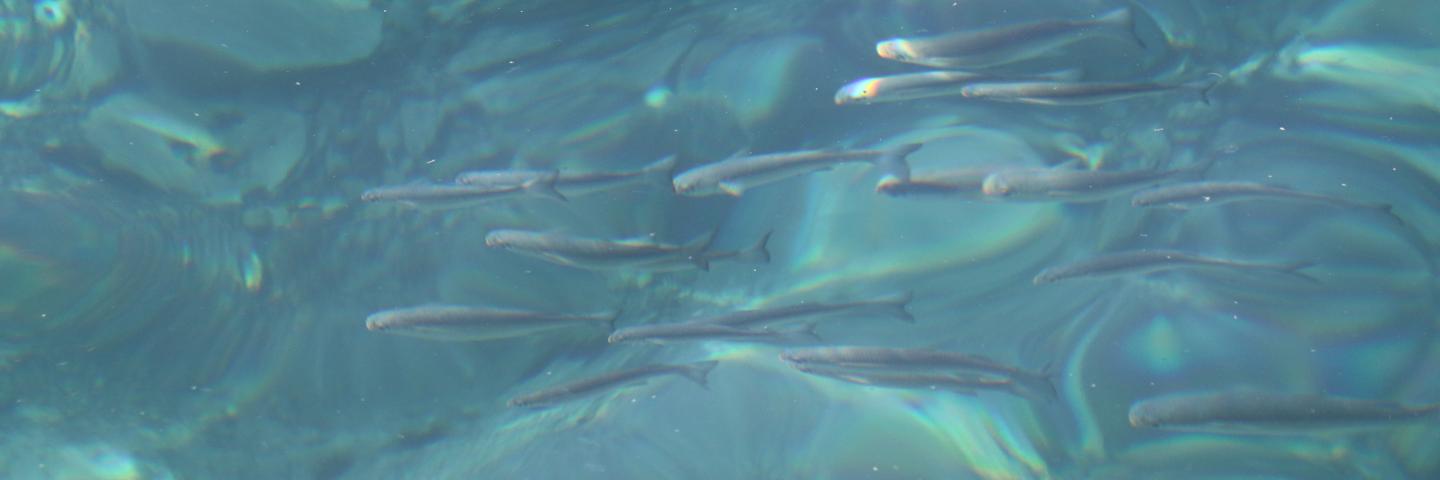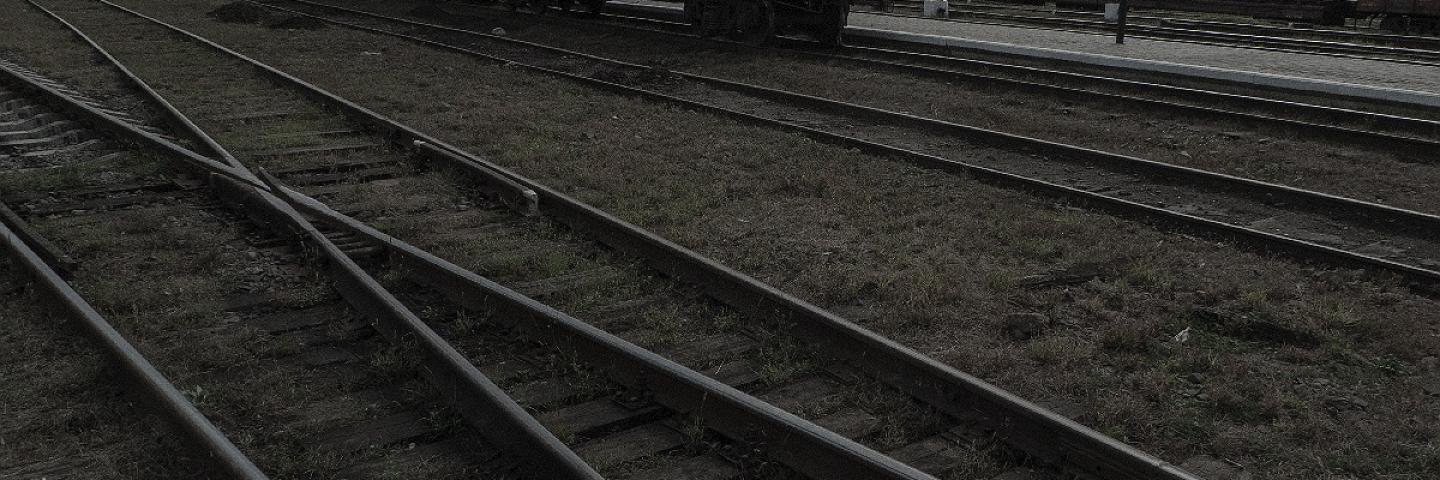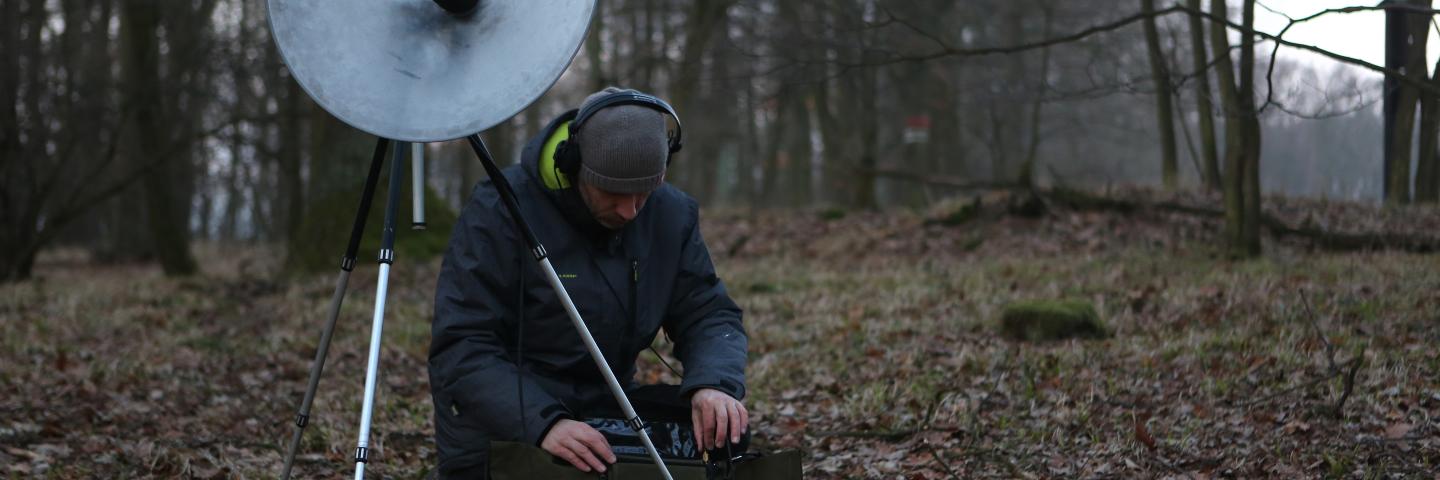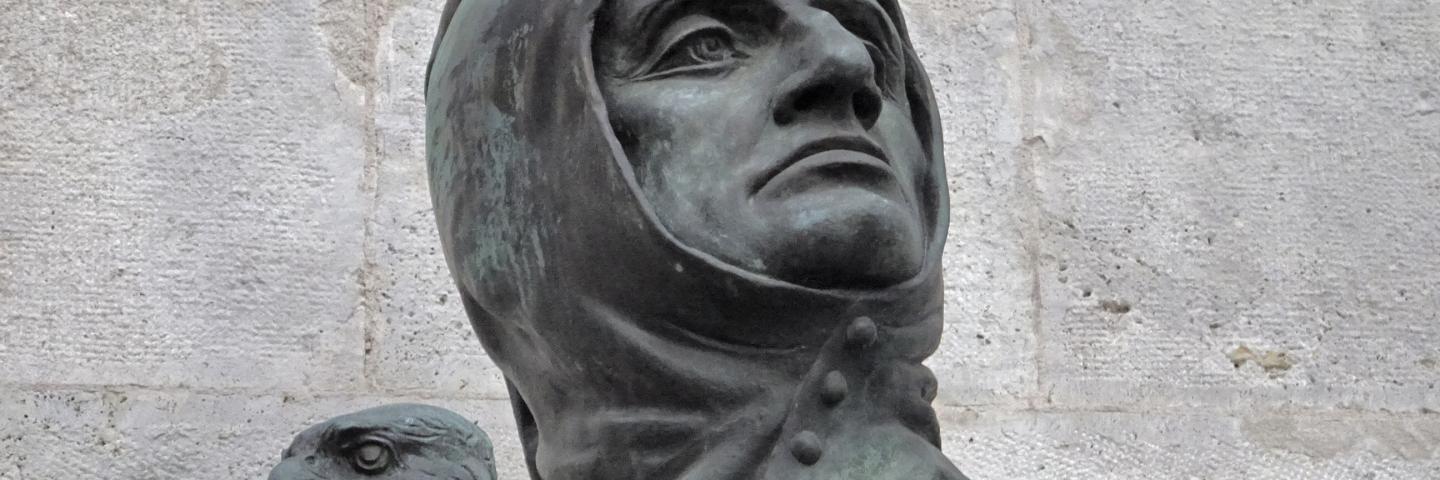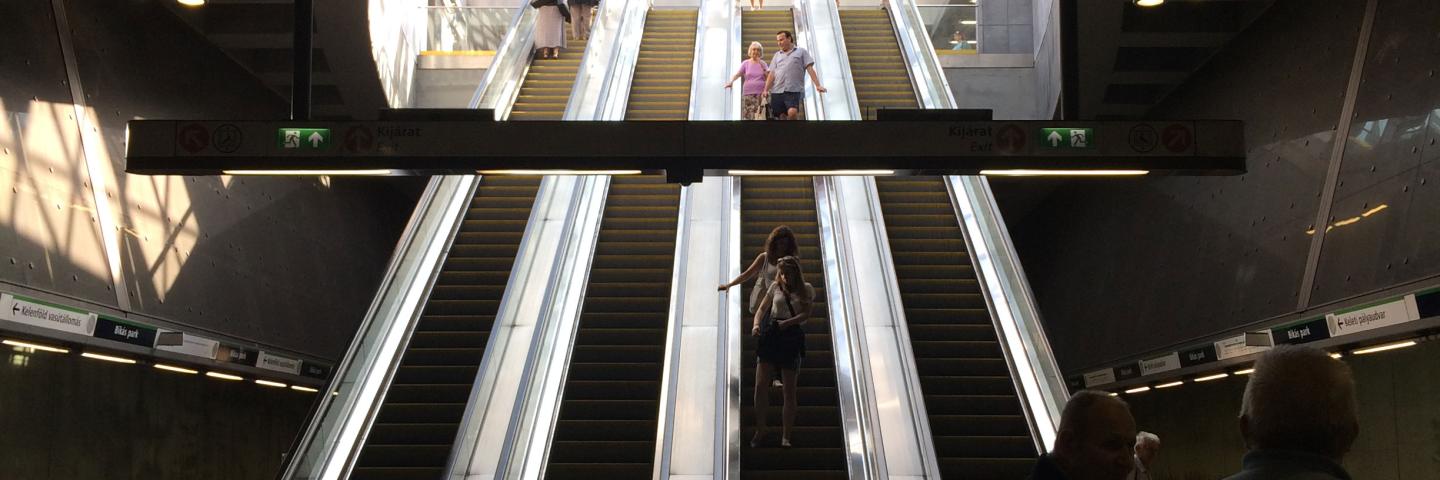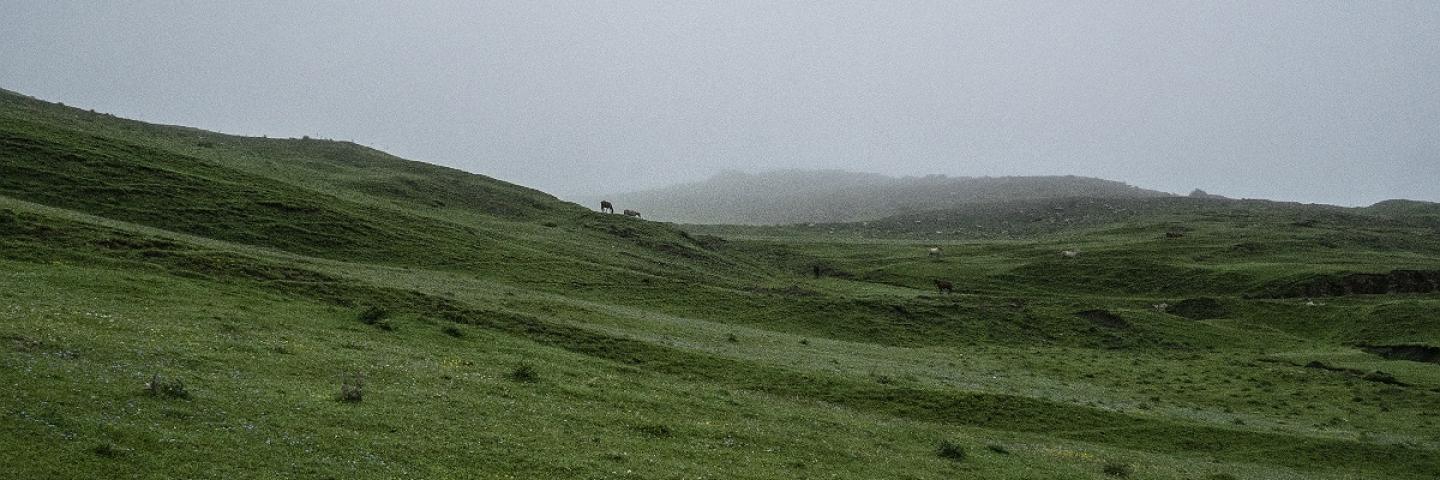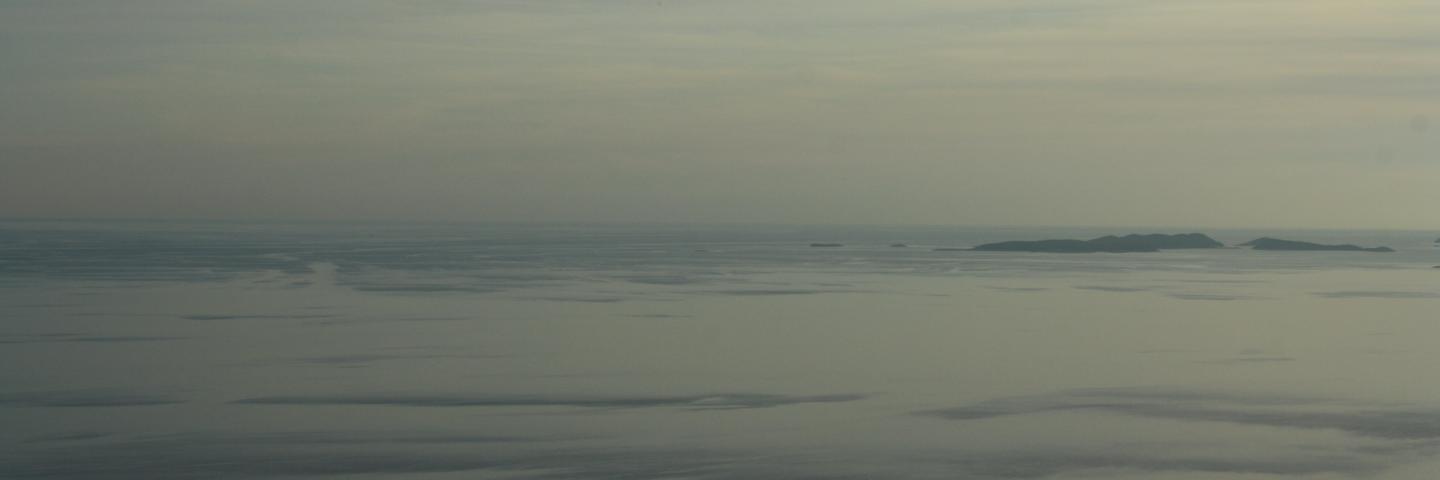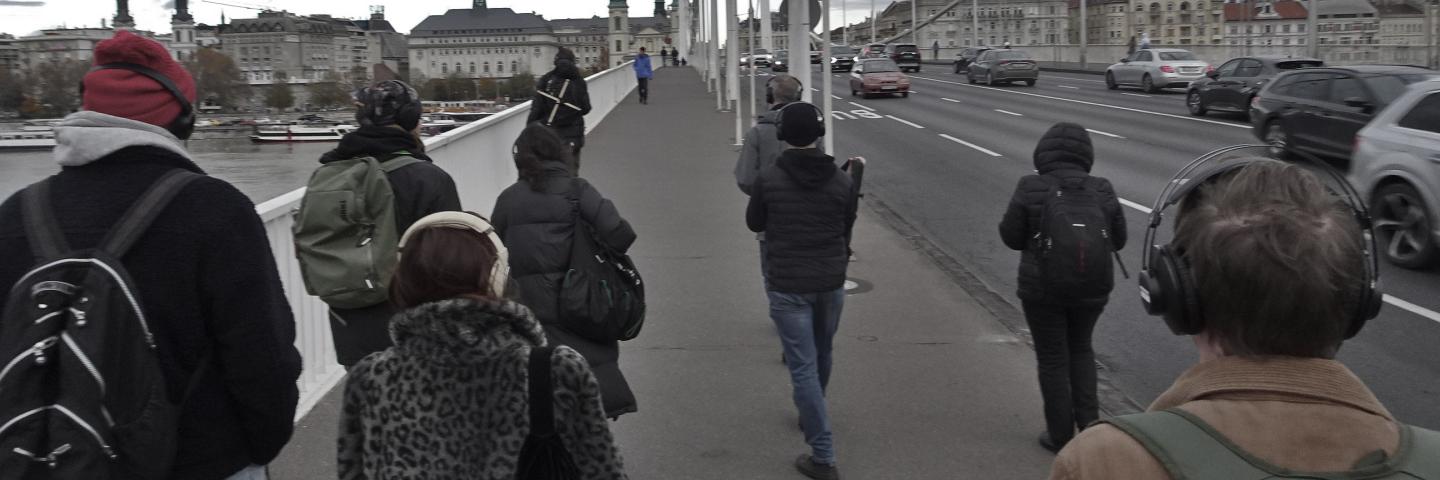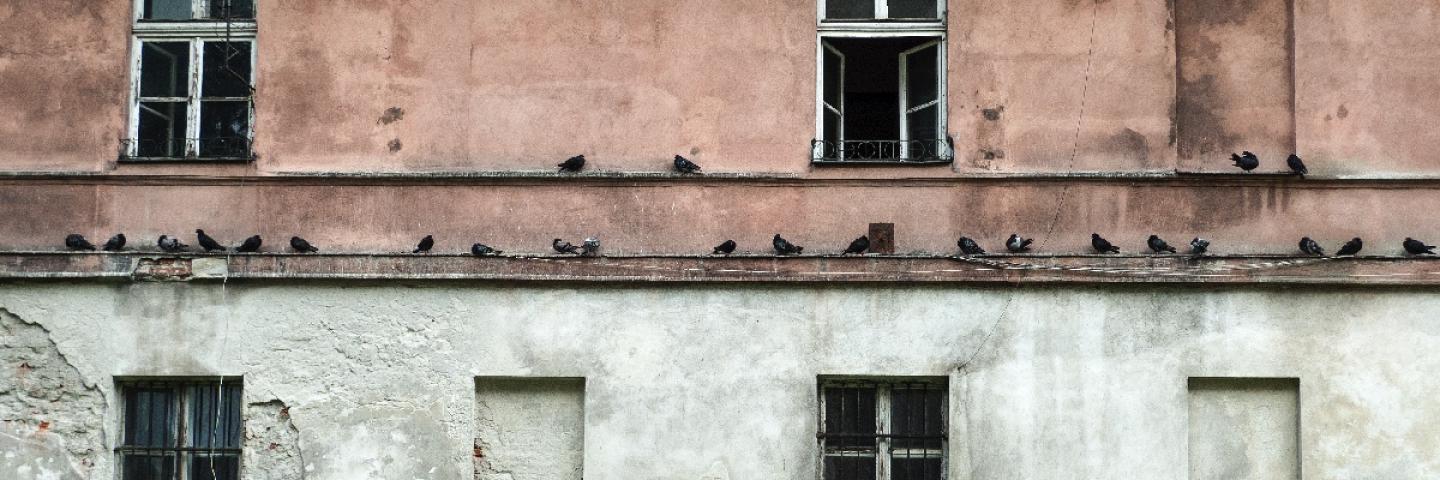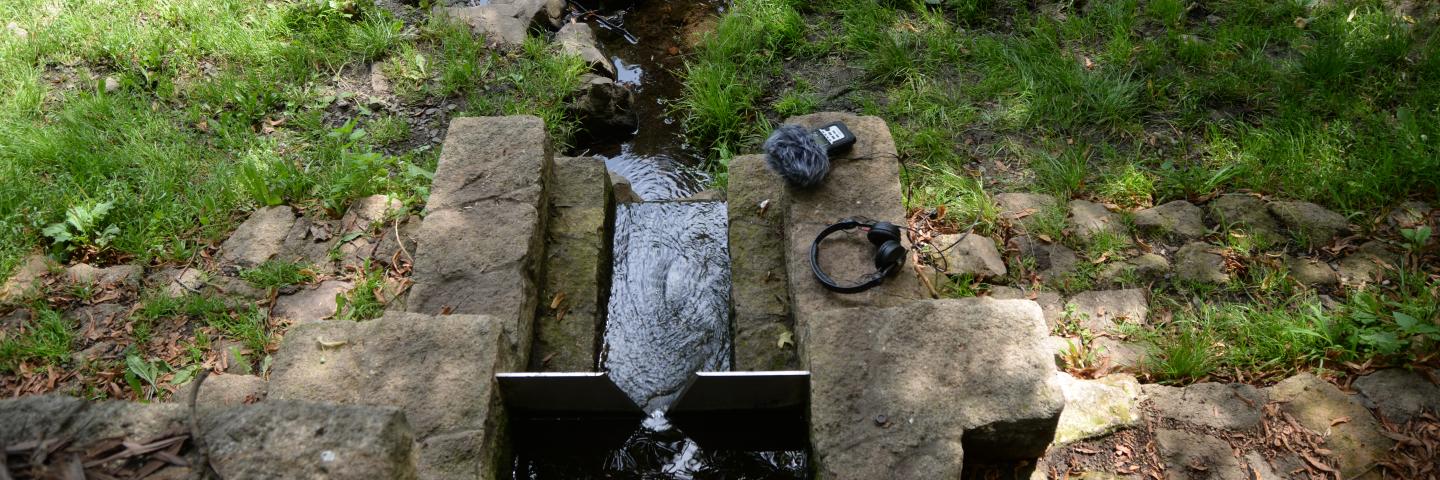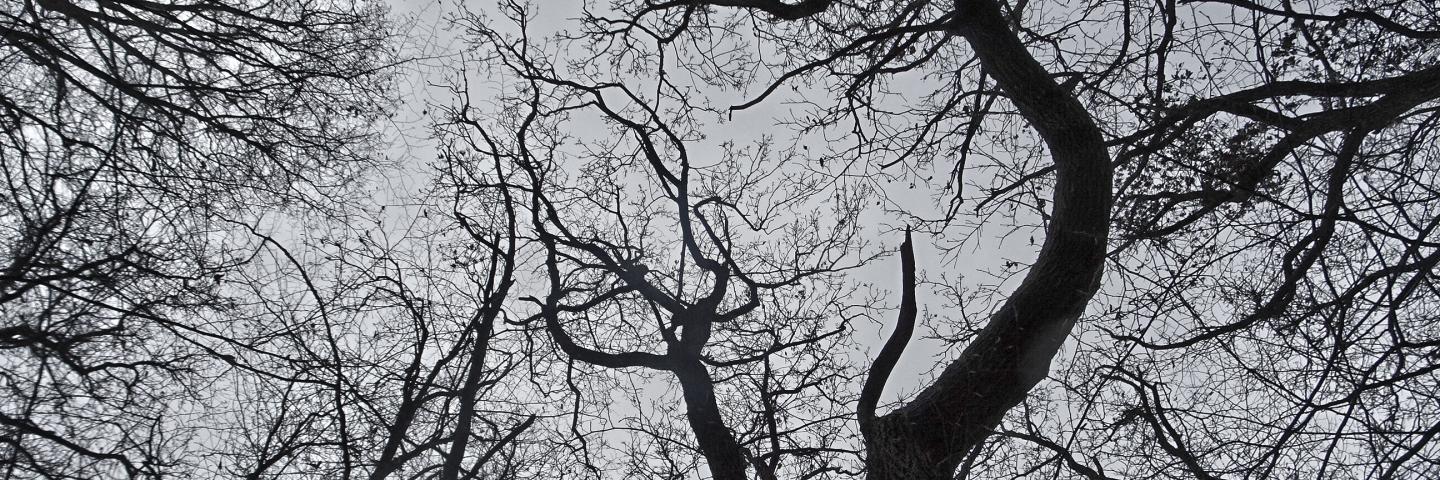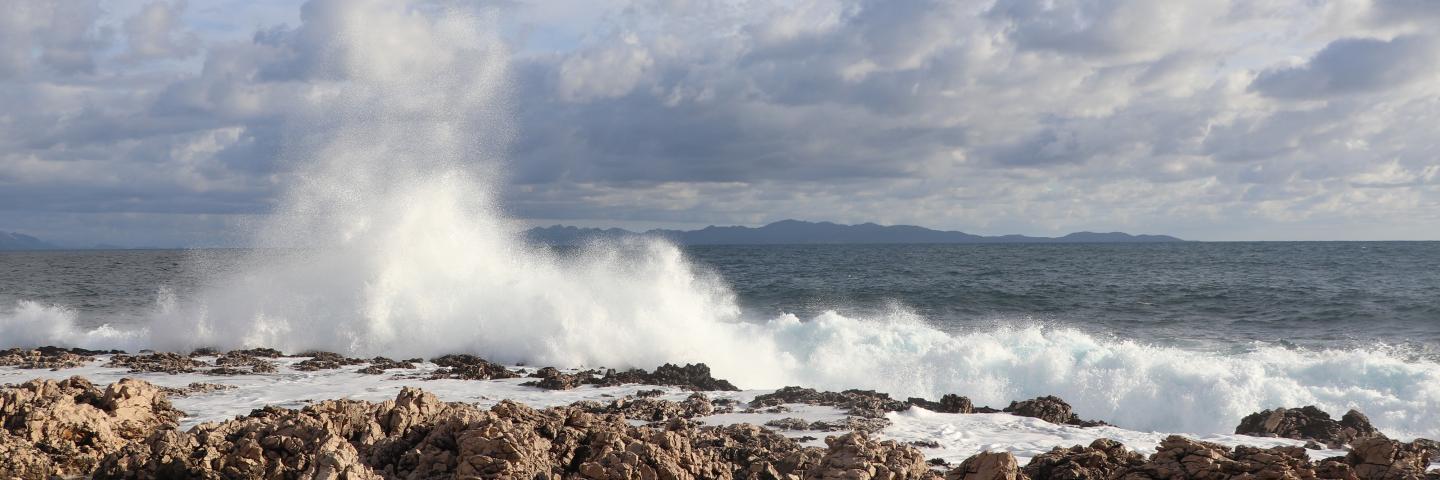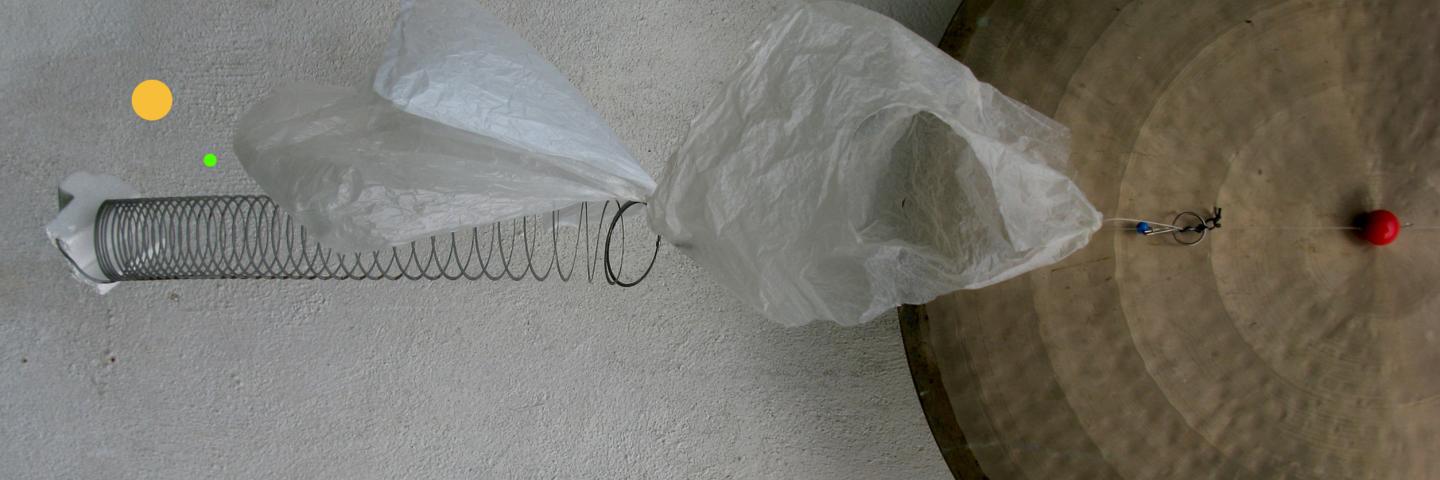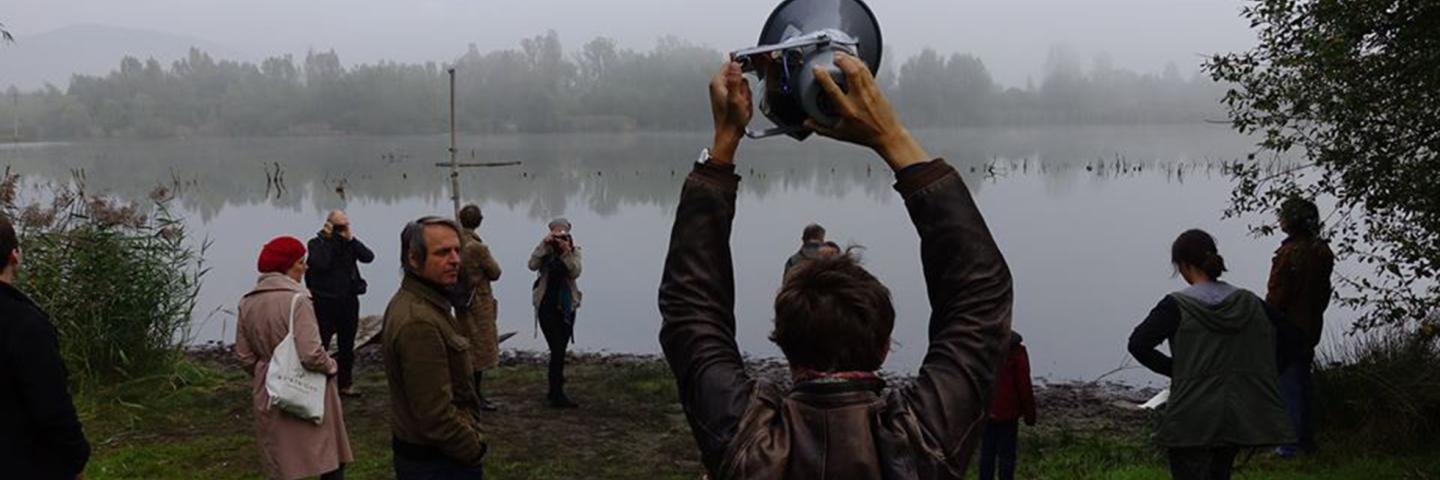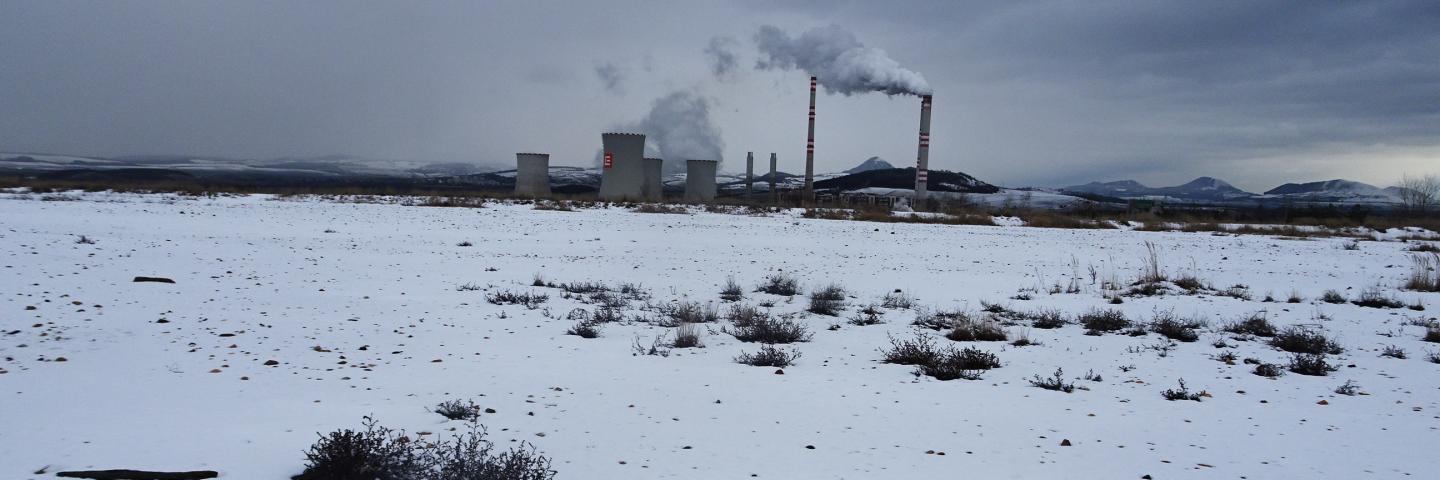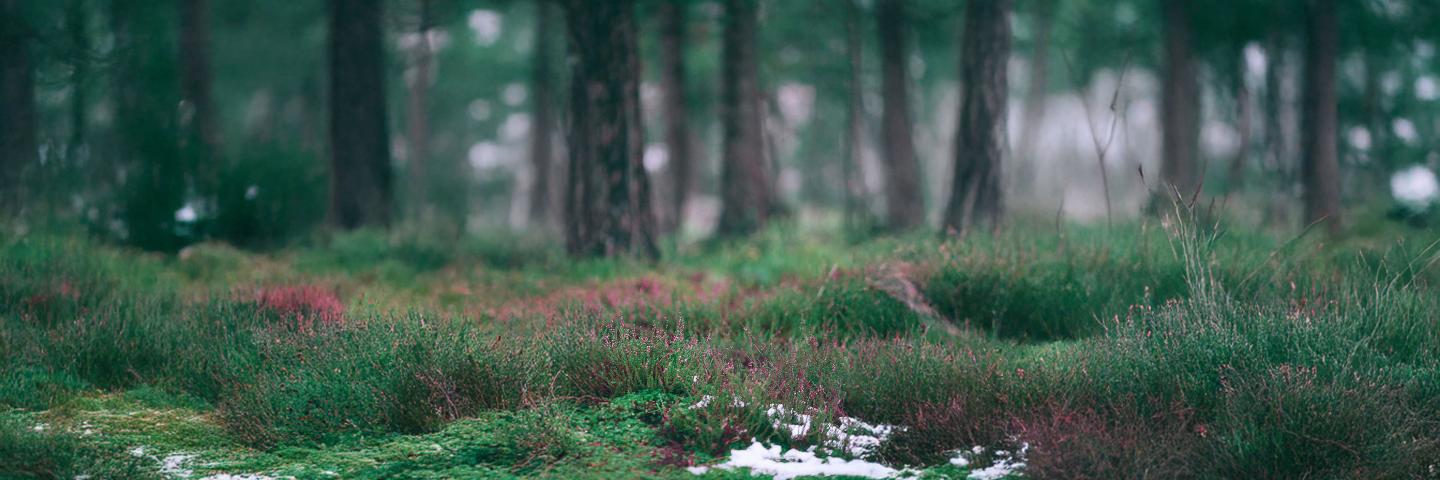Jesse Barber
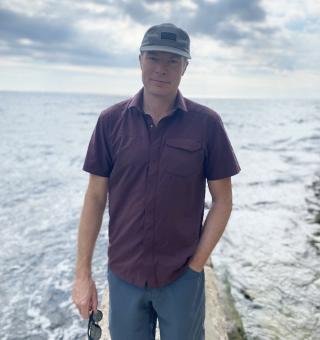
Jesse Barber is a Professor in the Department of Biology at Boise State University where he leads the Sensory Ecology Lab. His group integrates research and conservation practice on sensory ecology and sensory pollution with a robust public engagement program to protect biodiversity and advance ecological theory. He has spent much of his career studying the ecological consequences of loud and bright sensory environments for bats, birds, and insects. His lab’s work, along with a growing community of scholars, has shown that human-caused noise and light-at-night are indeed pollutants, with consequences on par with other drivers of biodiversity decline. Importantly, these sensory pollutants interact with climate in inextricable ways that connect solutions. Making the world quieter and darker reduces energy use, protects biodiversity, and improves human experience in nature.
"At the core of Leave No Trace principles is coexistence between natural ecosystems and people. By behaving in ways that make the world darker and quieter, we can simultaneously benefit people and wildlife."
“When you make the world quieter, birds tend to move closer to people. People have a better experience in nature, and they report more willingness to enact stronger management actions to protect quiet and biodiversity.” Jesse Barber
"Sensory Ecology Lab address behavioral, evolutionary and conservation-related questions by employing bioacoustic and videographic techniques to quantify how animals process sensory input and act on the resulting information. Understanding how anthropogenic changes to the sensory environment alter animal behavior also drives our research. SELab combines field observations and controlled experimental design with an emphasis on natural history. The research group is focused on problems, not taxa, and we currently study bats, insects, owls, rodents and songbirds."
